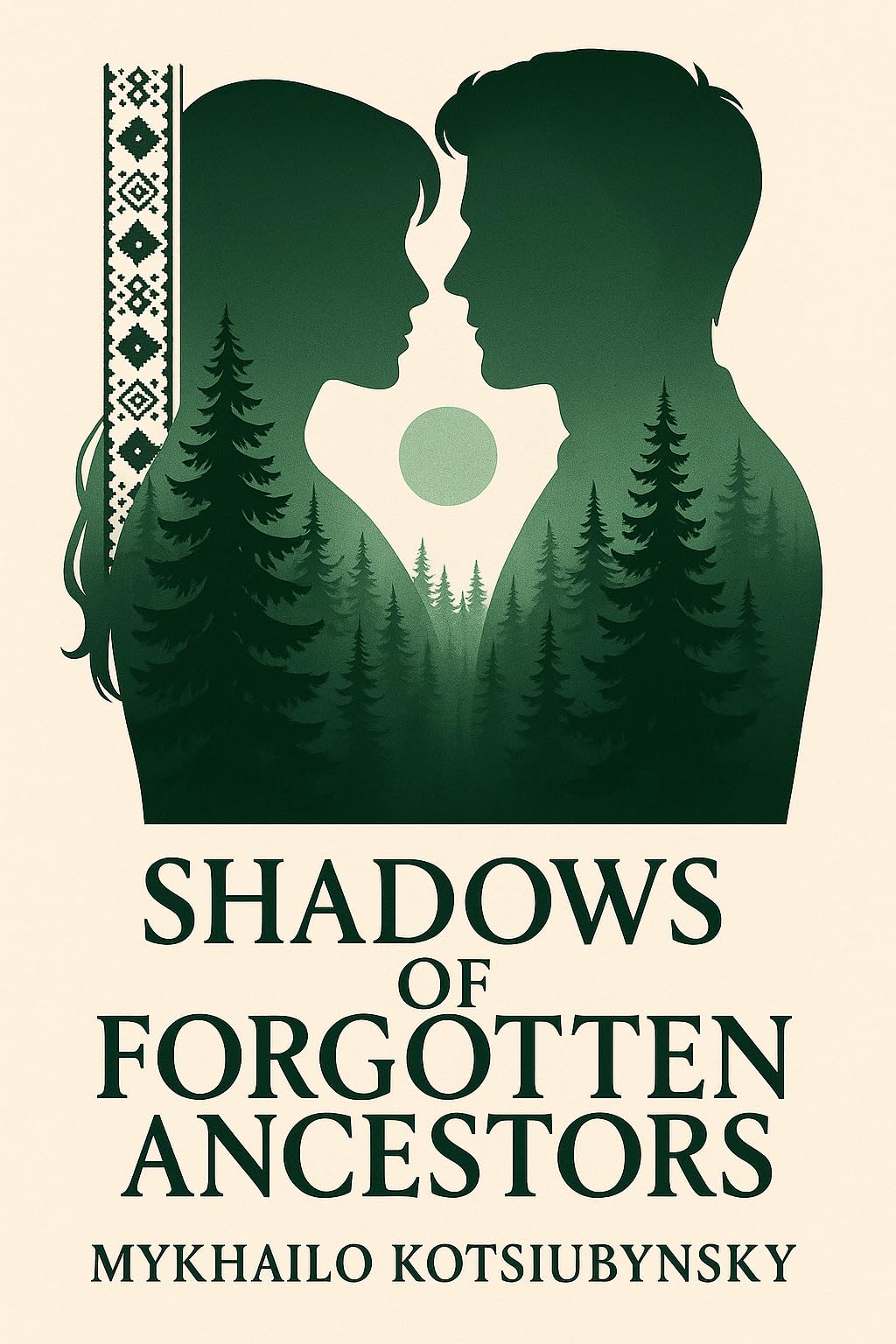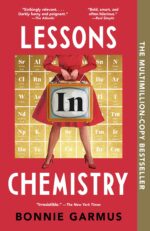A Ukrainian classic—now in clear, contemporary English.High in the Carpathian Mountains, among the Hutsuls, love blooms and breaks against rock and river. Ivan and Marichka grow up on songs, trembitas, and the roar of the Cheremosh—until an accident tears them apart. Years later, Ivan marries Palahna, but the marriage curdles; a molfar’s “help” tempts the village; jealousy takes root; and the mountains watch as choices—good and bad—work out their consequences. Nature is a living presence here, and so are custom, music, and the old tales. First published in 1911, Shadows of Forgotten Ancestors is the short novel that made Mykhailo Kotsiubynsky a touchstone of Ukrainian modernist prose.What you’ll findA Carpathian folk tragedy told in luminous, musical prose.Unforgettable figures: Ivan and Marichka; Palahna; Yura the molfar; a village bound by song, work, and ritual.Nature as character: storming rivers, high pastures, and the Chornohora ridge—landscape that shapes fate.Folk life, belief, and consequence: charms, omens, and envy that corrode and break lives—set against truthful love, fidelity, and care that make people whole and build what endures.Themes of love and loss, community and conscience, rendered with clarity and heart.About this editionTranslated into fluent, contemporary English by Anastasiia Shestopal, faithful in sense and image yet easy to read.Proper names follow modern Ukrainian transliteration (e.g., Hutsul, Cheremosh, Chornohora); cultural terms kept where natural (trembita, floiara, kolomyika; chuhayster “forest spirit,” aridnyk “evil spirit,” shcheznyk “the Vanisher”).Songs are set as verse; clean Kindle formatting; no footnotes—just the story.Drafting used AI as a tool; the finished text reflects substantial human authorship and craft.Source novella by Mykhailo Kotsiubynsky (1911) is in the public domain.Start reading now—or borrow with Kindle Unlimited.
save
$2.99Shadows of Forgotten Ancestors: an Early-20th-century Ukrainian Classic From the Carpathians—newly Translated Into English Classics In
$0.00$2.99
A poignant tale of love and loss in the Carpathian Mountains, intertwining folk beliefs and nature, where Ivan and Marichka’s fate unfolds amidst tragedy, jealousy, and deep cultural roots.
| book-author |
|---|











